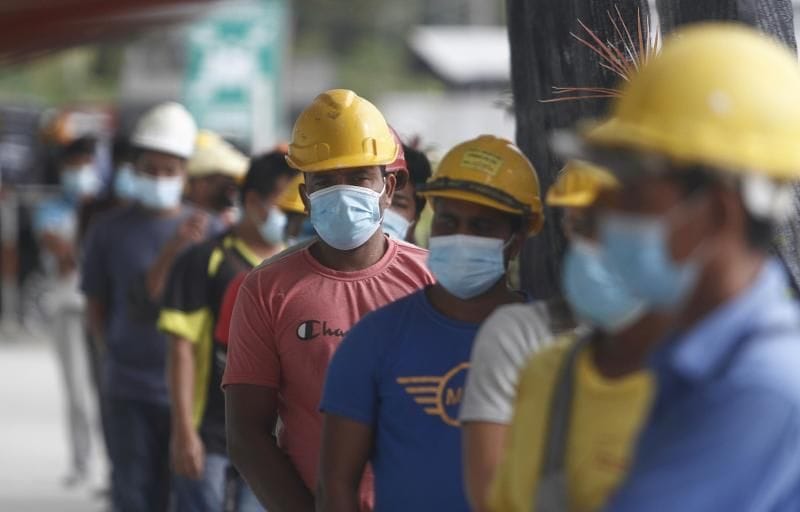Concern over impact of multi-tiered levy system

Source: The Star
GEORGE TOWN: The proposed multi-tiered levy system for the number of migrant workers employed by companies is a means to regulate the influx of foreign labour and encourage local employment, say some sectors.
But others express concern about its potential impact on businesses, particularly those heavily reliant on migrant workers.
Malaysia Furniture Council adviser Datuk Cha Hoo Peng said the furniture industry in the country is heavily dependent on foreign workers to operate so the move, if implemented, would burden the industry.
"In Malaysia, there are about 3,000 furniture factories and 90% of the factories are small and medium enterprises.
"The workforce of these factories is heavily reliant on foreign workers, and the new implementation would burden them," he said.
Cha said the furniture industry plays an important role and the country is among the top 10 furniture exporters in the world.
He said local workers opt to work in other industries such as semiconductor due to better salary and better working environment.
He said imposing a multi-tier levy on companies that hired foreign workers will create a domino effect on the furniture industry and will cause Malaysia to lose to competitors such as Indonesia and Vietnam.
"The government must sort out other mechanisms that will not burden companies, especially in the hiring of foreign workers," said Cha.
"Many foreign workers here are already skilled labour and losing them to other countries will cause us a big let-up."
Malaysian Association of Hotels (MAH) Penang chairman Tony Goh said even before the implementation of the multi-tier levy, the industry is already facing the high cost of employing foreign contract workers.
"If the new multi-tier levy is higher than the existing one, the industry will face a higher labour cost," he said.
Hotels in Penang and Malaysia generally, he said, are highly dependent on foreign workers as it is also a highly labour-intensive industry.
He said the hotel industry has no other option as they are unable to hire locals.
"Locals are choosy and prefer better work opportunities and salary.
"Not many local workers are looking to start from the bottom and gradually build their careers.
"The government should think of another way or mechanism in solving these issues," he said.
Federation of Malaysian Manufacturers (FMM) Penang chapter chairman Datuk Lee Teong Li said the announcement by the government is a good move and it is something that FMM has been talking about.
However, he said there are another few rounds of proposals from the Human Resources Ministry that need to be discussed with other stakeholders.
"We need to see how the scheme will be presented and of course it has to come in a different package to cater to the needs of SME and MNC," he said.
Lee hopes the ministry will work with stakeholders and discuss and get input on the proposal so they can come up with something that is more relevant and beneficial to everyone.
Recently, Human Resources Minister Steven Sim said the government is proposing a multi-tier levy - with companies having to pay more for each worker if they hire more.
The proposal is likely to be implemented by the end of this year or next year.
He said the government had set a limit of 2.4 million migrant workers in the country by next year, adding that the current number was very high.
Based on Home Ministry records, there are about 2.12 million foreign workers in Malaysia as of Feb 15 this year.
The government had previously decided that foreign workers cannot exceed 15% of the total workforce by 2025.



